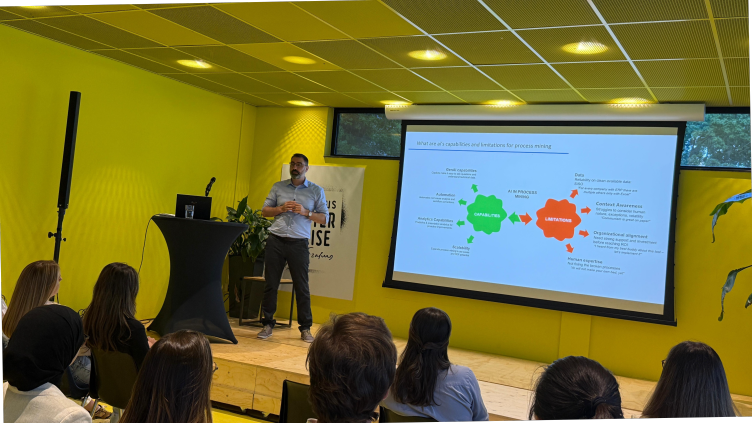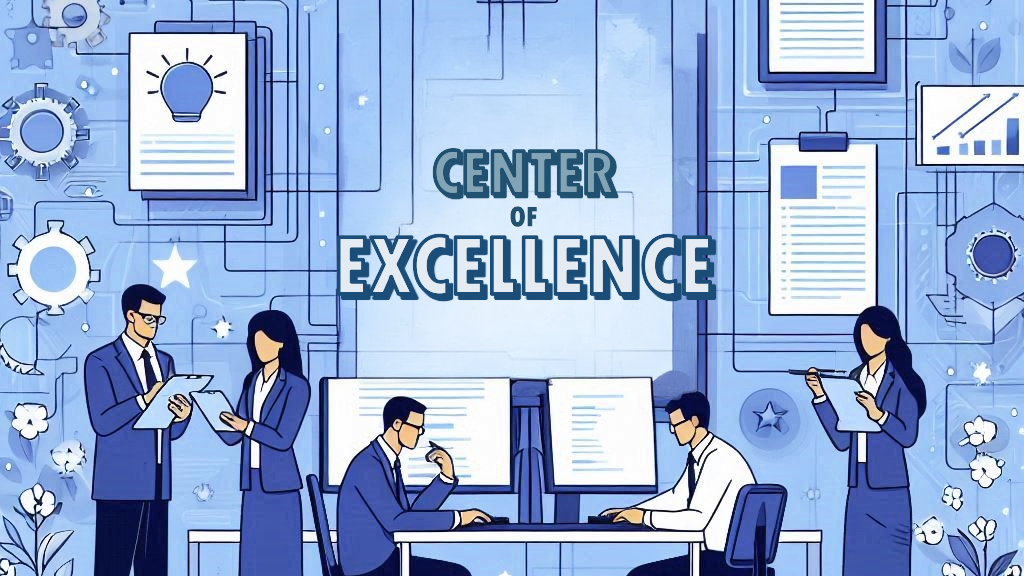Process mining stands at the confluence of data science and process management, offering an X-ray view into the inner workings of your supply chain processes. It transforms the complex, often opaque, web of supply chain operations into a transparent, interactive model. Celonis, a frontrunner in this space, leverages this technology to not just visualize but also analyze and improve business processes
How Process Mining Elevates Supply Chain Management
1. Unveiling Trends and Insights
Process mining excels in distilling vast amounts of data into actionable insights. With Celonis, managers can detect emerging trends, pinpoint process deviations, and foresee potential disruptions. This predictive prowess is invaluable for agile decision-making and strategic planning.
2. Lean Management and Efficiency
Identifying and eliminating waste within supply chain processes can dramatically improve efficiency and reduce costs. Process mining reveals non-value-adding activities and bottlenecks, allowing teams to streamline operations in alignment with lean principles.
3. Crafting Success Stories
Every successful project has lessons to offer. By analyzing past triumphs, process mining with Celonis can help replicate success across different areas of the supply chain, turning isolated wins into a comprehensive strategy for excellence.
4. Navigating Technological Innovations
As new technologies emerge, integrating them effectively into existing processes is a challenge. Process mining provides a sandbox for simulating the impact of technologies like AI, IoT, and blockchain, ensuring seamless adoption and maximized benefits.
5. Fortifying Against Risks
In the complex web of global supply chains, risks abound. Process mining aids in the early identification of vulnerabilities, allowing businesses to devise robust risk mitigation strategies and ensure continuity and resilience.
6. Steering Towards Sustainability
Sustainability is no longer optional; it’s imperative. Process mining helps quantify the environmental impact of supply chain operations, guiding the adoption of greener practices that align with both ethical imperatives and business objectives.
7. Fostering Collaboration
The strength of a supply chain lies in its collaboration. Celonis can map interactions between stakeholders, highlighting opportunities for enhanced collaboration, shared efficiencies, and collective innovation.
8. Data-Driven Decisions
In the age of big data, making informed decisions is key. Process mining harnesses operational data to optimize inventory, improve demand forecasting, and refine decision-making processes.
9. Prioritizing the Customer
At the heart of every supply chain is the customer. Analyzing customer feedback through process mining provides insights into expectations and experiences, helping align supply chain strategies with customer needs.
10. Learning from the Past
Understanding past failures is crucial for future success. Process mining offers a detailed post-mortem analysis of supply chain disruptions, providing invaluable lessons and preventive strategies.
Conclusion
The integration of process mining into supply chain management is more than just an improvement; it’s a transformation. It’s about making informed decisions, reducing waste, and enhancing efficiency. But beyond the numbers and the metrics, it’s about building a supply chain that is resilient, adaptable, and aligned with the broader goals of sustainability and customer satisfaction. As we navigate the complexities of modern supply chains, tools like process mining and platforms like Celonis are not just helpful; they are indispensable.







Leave a Reply